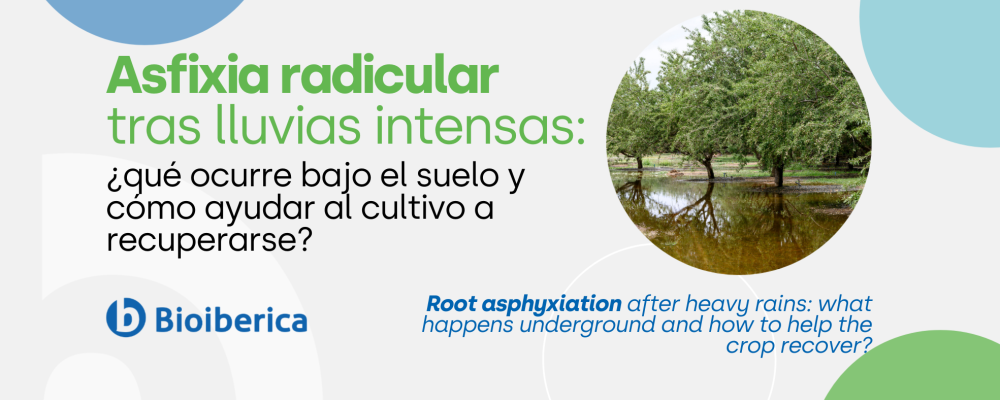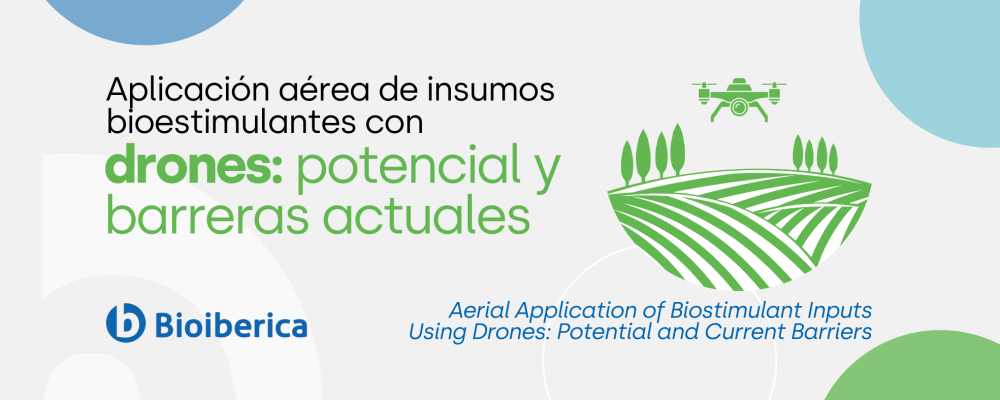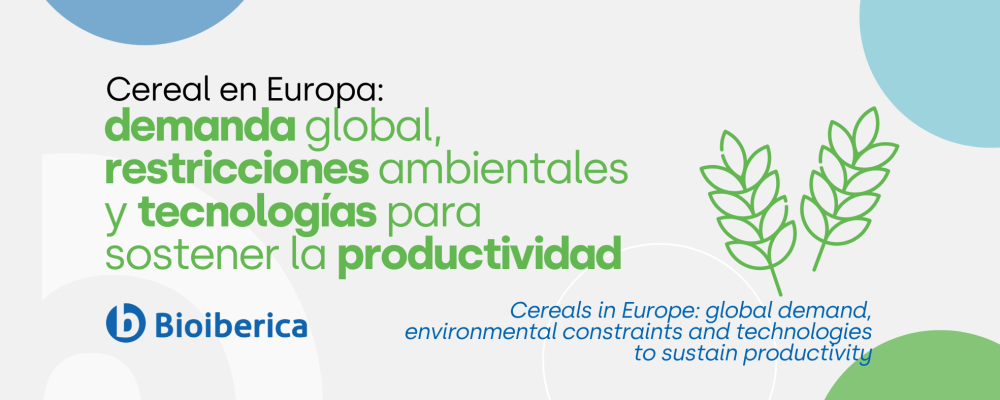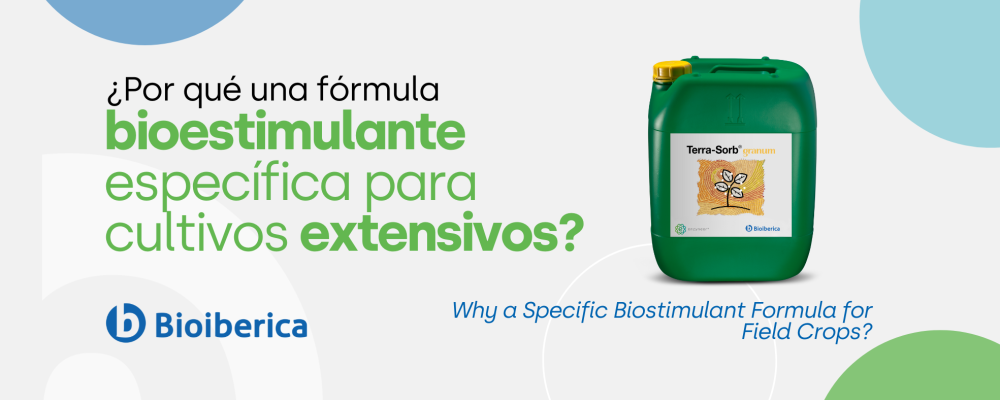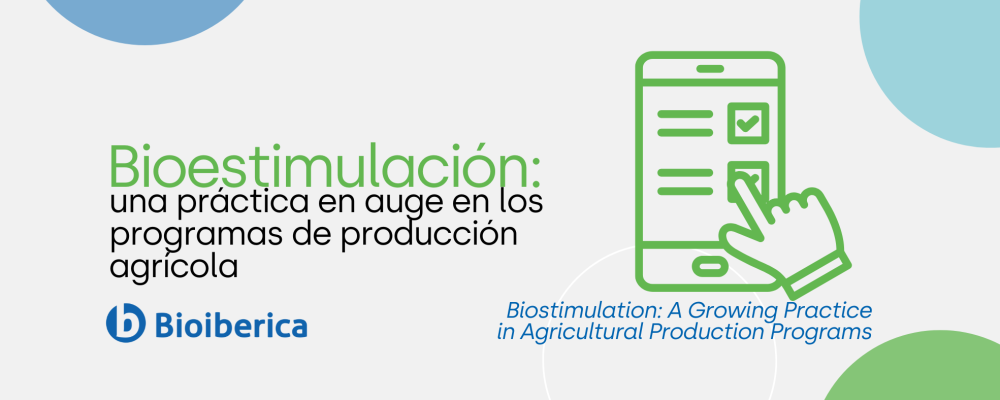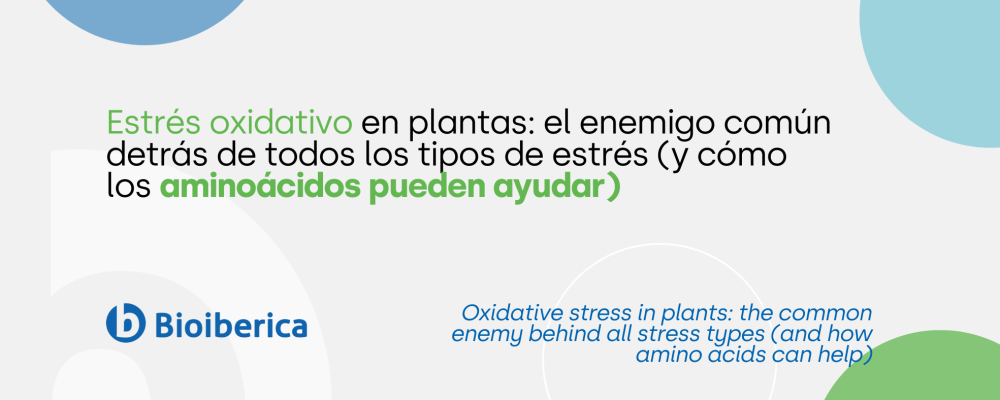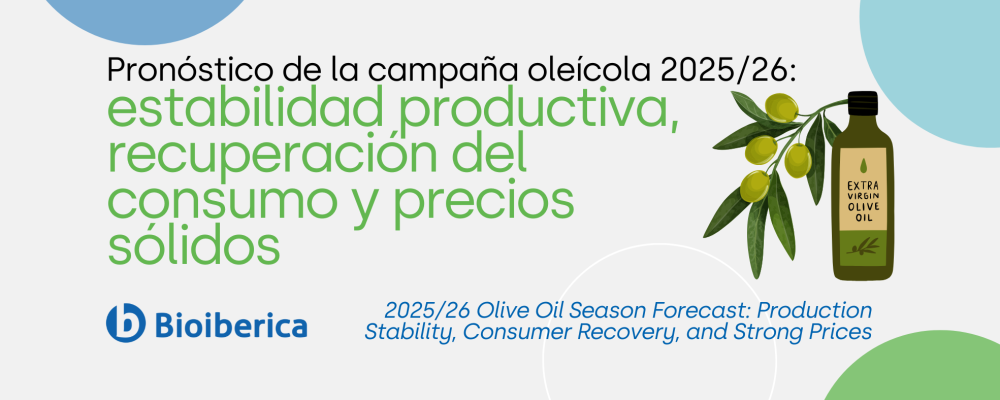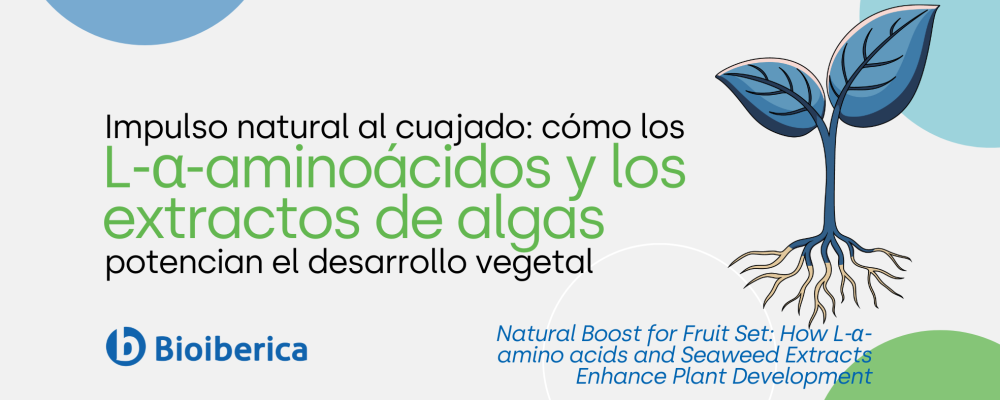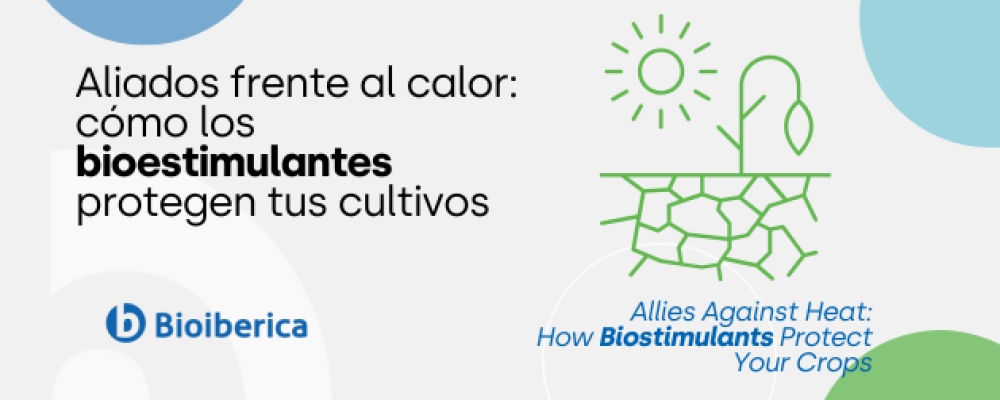Wednesday, 11 February 2026
Terra-Sorb® | Applied Knowledge | Inicium®
Abundant and persistent rainfall is, in principle, good news for agriculture. However, when the soil remains saturated with water for days, a silent but critical problem arises: root asphyxiation. Although the visible symptom appears above ground, the origin of the problem lies underground. Understanding what is physiologically happening in the roots is key to acting with sound agronomic judgment and accelerating crop recovery.
Tuesday, 20 January 2026
Applied Knowledge | Extensive crops
Modern agriculture is moving towards more efficient and sustainable systems, where aerial application using drones is becoming a key tool in precision farming. This technology helps optimise input use, reduce costs, and minimise environmental impact, although its implementation still presents technical and regulatory challenges.
Monday, 19 January 2026
Terra-Sorb® | Applied Knowledge | Extensive crops
By Juan Vilar, economics expert, international agronomic analyst, strategic consultant, professor at the University of Jaén and farmer.
The European cereals sector continues to play a strategic role within the global agri‑food system. Despite representing just 6.6% of the world’s cereal‑growing area, the European Union retains significant weight in international trade, particularly in soft wheat, barley and durum wheat, three crops that underpin internal supply flows and market equilibrium.
In a context marked by growing global demand, rising production costs, increasing climate volatility and a progressively stricter regulatory framework, European cereal production is undergoing a phase of structural adjustment, where efficiency and sustainability are becoming decisive criteria for future competitiveness.
Monday, 12 January 2026
Terra-Sorb® | Applied Knowledge | Extensive crops
Field crops (cereals, oilseeds, protein crops and grain legumes) operate under high-volume scenarios, tight margins and significant environmental variability. In this context, a specific formulation that optimises nitrogen (N) efficiency, provides bioavailable sulphur (S) and supplies key micronutrients is critical to maintain yield and grain quality, while also improving the profitability of nutritional management. Terra-Sorb® granum meets this need with a combination of L-α-amino acids, sulphur, boron, zinc and molybdenum, designed to enhance nitrogen assimilation, mitigate stress and boost the translocation of photoassimilates, aspects that are particularly relevant in field crop systems.
Tuesday, 11 November 2025
Applied Knowledge
In an increasingly sustainable, efficient, and quality-oriented agricultural context, biostimulants have become a key tool to optimize crop productivity and resilience. This is reflected in the results of a recent global survey (mainly Spain) conducted among technicians, distributors, and farmers conducted among our organization’s contacts, offering first-hand insight into the level of adoption and trends in the use of these products worldwide.
Tuesday, 14 October 2025
Applied Knowledge
Drought, heat, pathogens, repeated pesticide applications… all these factors share a common outcome: they trigger oxidative stress in plants. A silent yet decisive process that affects photosynthesis, growth, and ultimately, yield.
In this article, we explain what oxidative stress is, why it happens, and how products such as Terra-Sorb®, based on free amino acids (99% L-form purity) and bioactive compounds, can help neutralise and reverse its effects.
Tuesday, 30 September 2025
Applied Knowledge
By Juan Vilar, economics expert, international agricultural analyst, strategic consultant, professor at the University of Jaén, and farmer.
Monday, 29 September 2025
Applied Knowledge
Introduction
In modern agriculture, biostimulants have become strategic allies to improve crop productivity and sustainability. Among their most relevant ingredients are L-α-amino acids and seaweed extracts—two components that, when combined, generate a unique synergy that enhances plant physiology.
In this article, we explain how they work, what benefits they provide, and why their joint action is key for optimal fruit set and higher-quality harvests.
Friday, 18 July 2025
Terramin® Pro | Terra-Sorb® | Applied Knowledge
In recent years, attention to the soil microbiome and the rhizosphere has grown significantly, recognizing their key role in plant health and productivity. Within this field, three interrelated concepts have gained prominence: prebiotics, probiotics, and postbiotics. Although these terms originally come from human health, their application in agriculture is proving to be equally relevant and transformative.
Understanding the differences and synergies among these components allows for optimized plant nutrition, enhanced stress resilience, and the promotion of more sustainable farming.
Wednesday, 02 July 2025
Terra-Sorb® | Applied Knowledge
Heat stress in agricultural crops is an increasingly relevant challenge due to climate change and the rise in extreme temperatures across various regions of the planet. When temperatures exceed certain critical thresholds for prolonged periods, heat stress is triggered, significantly disrupting plant metabolism, reducing yields, and affecting the final quality of the harvest.

